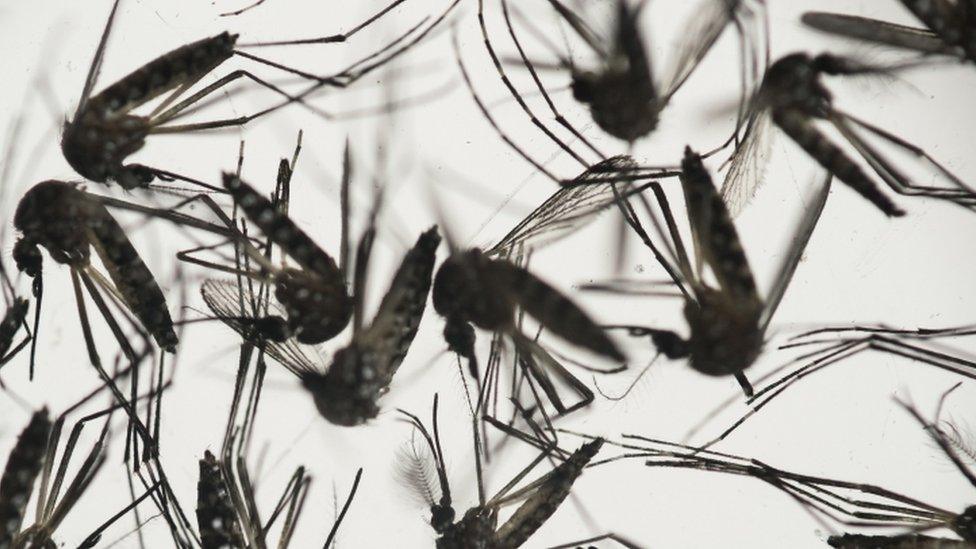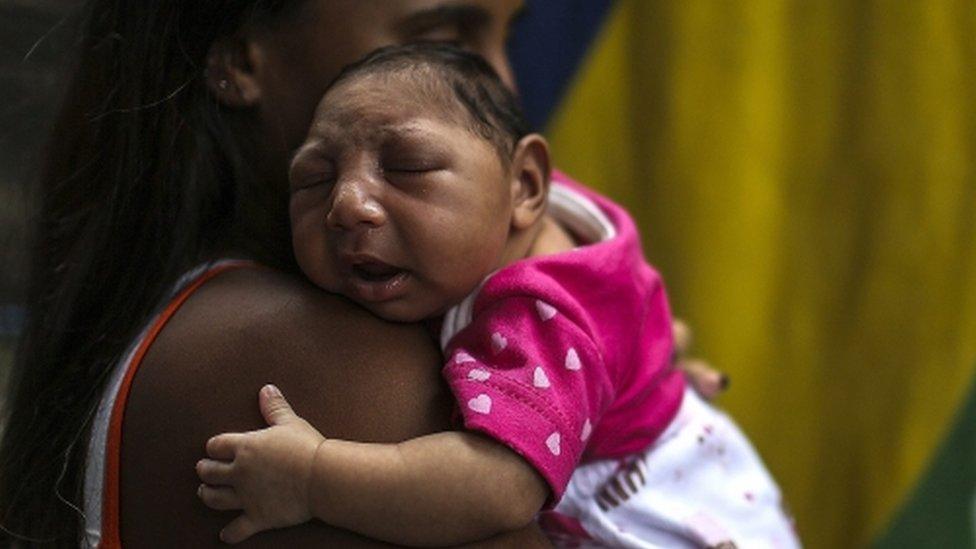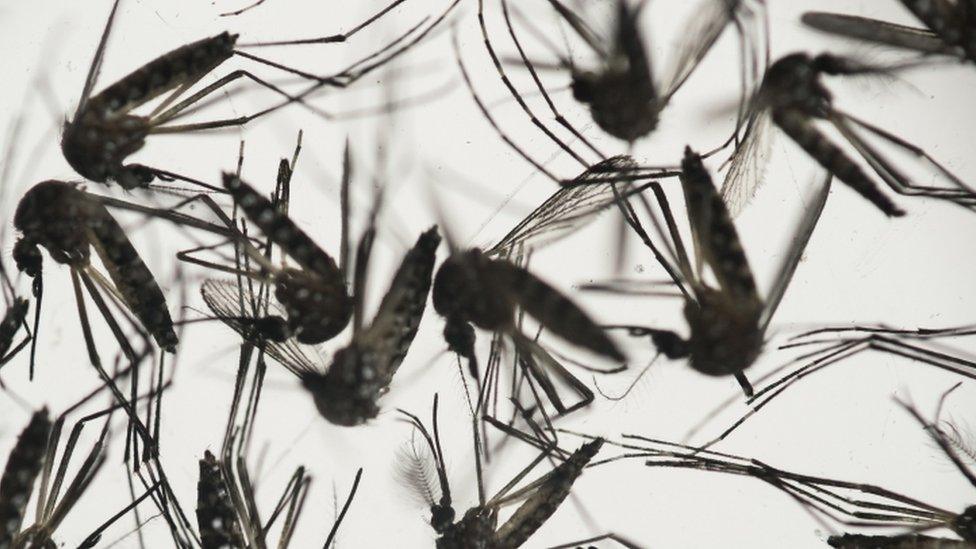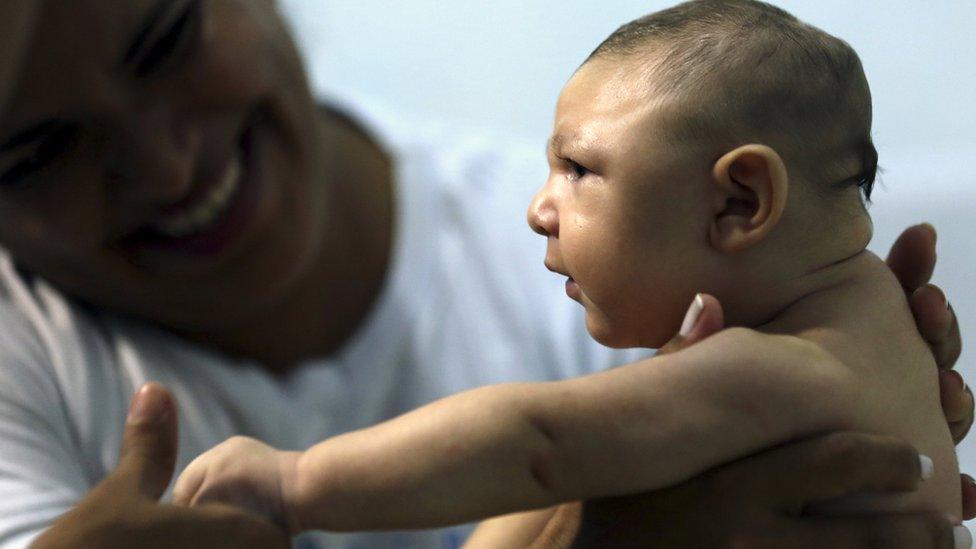Zika outbreak: 'Small number' of cases found in Scotland
- Published

The mosquito that spreads the virus is not found in the UK and would not be able to establish in Scotland because of the climate, the Scottish government said
A number of people in Scotland have been diagnosed as having the Zika virus, it has been confirmed.
The Scottish government said the disease, which has sparked a major health alert in South America, did "not pose a public health risk" in Scotland.
A spokesman said the mosquito that spreads the virus was not found in the UK and Scotland's climate meant it could not become established.
Zika has been linked to microcephaly in babies.
The birth defect results in children being born with abnormally small heads and brain damage.
It is understood that no more than five Scottish cases have been detected.
More than 50 people across the UK have been treated for the infection.
Fear of the virus has led a number of competitors to opt out of this year's Olympic Games in Brazil, including top British golfer Rory McIlroy.
While pregnant women are being advised to postpone non-essential travel to disease hotspots, the NHS stresses that for "most people it is a very mild infection and isn't harmful".
Ziki is spread by the Aedes aegypti mosquitoes. They are found throughout the Americas except for Canada and Chile where it is too cold for them to survive.

A Scottish government spokesman said: "We can assure the public that Zika does not pose a public health risk in Scotland, and of the cases identified in the UK a very small number have been found in Scotland.
"The mosquito that spreads the virus is not found in the UK, and in any case would not be able to establish in Scotland because of our climate."
He added: "We have already informed the at-risk groups about the risks and how to protect themselves through Health Protection Scotland's travel advice. We continue to closely monitor developments in our understanding of the Zika virus as treatments and testing regimes develop."
Human-to-human infection is rare although there have been some reported cases of people being infected through sexual transmission.

Zika can lead to pregnant women giving birth to babies with a condition called microcephaly
Since the Zika epidemic began in 2015, nearly 5,000 cases of microcephaly have been recorded in affected regions.
On 1 February 2016 the World Health Organisation declared the epidemic an international public health emergency.
Worldwide concern has centred on north-east Brazil but more than 20 other countries have now been affected.
So far more than 1,650 Zika infections have been reported in the US - four patients in Florida who have tested positive for the virus appear to be the first cases not linked to travel outside the US mainland.
- Published31 August 2016

- Published16 May 2016

- Published25 May 2016

- Published5 February 2016
